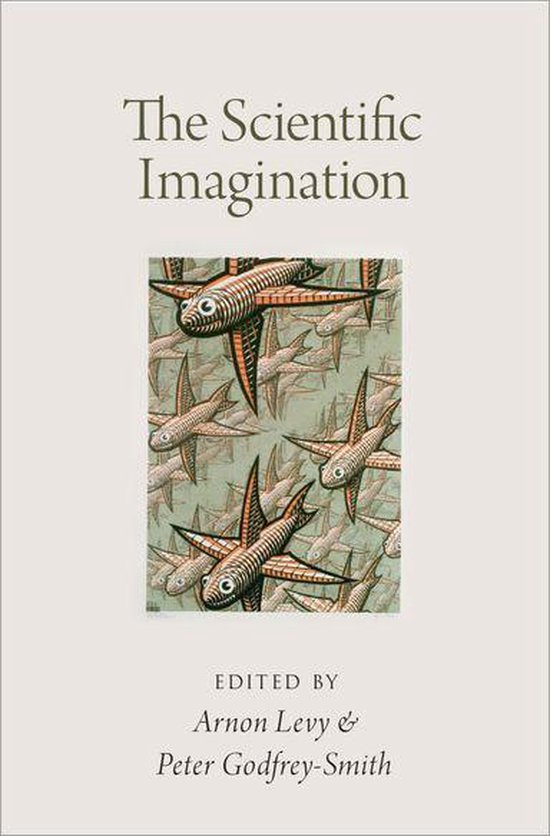
The Scientific Imagination
The imagination, our capacity to entertain thoughts and ideas "in the mind's eye," is indispensable in science as elsewhere in human life. Indeed, common scientific practices such as modeling and idealization rely on the imagination to construct simplified, stylized scenarios essential for scientific understanding. Yet the philosophy of science has traditionally shied away from according an important role to the imagination, wary of psychologizing fundamental scientific concepts like explanation and justification. In recent years, however, advances in thinking about creativity and fiction, and their relation to theorizing and understanding, have prompted a move away from older philosophical perspectives and toward a greater acknowledgement of the place of the imagination in scientific practice. Meanwhile, psychologists have engaged in significant experimental work on the role of the imagination in causal thinking and probabilistic reasoning. The Scientific Imagination delves into this burgeoning area of debate at the intersection of the philosophy and practice of science, bringing together the work of leading researchers in philosophy and psychology. Philosophers discuss such topics as modeling, idealization, metaphor and explanation, examining their role within science as well as how they affect questions in metaphysics, epistemology and philosophy of language. Psychologists discuss how our imaginative capacities develop and how they work, their relationships with processes of reasoning, and how they compare to related capacities, such as categorization and counterfactual thinking. Together, these contributions combine to provide a comprehensive and exciting picture of the scientific imagination.
| Auteur | | |
| Taal | | Engels |
| Type | | E-book |
| Categorie | |